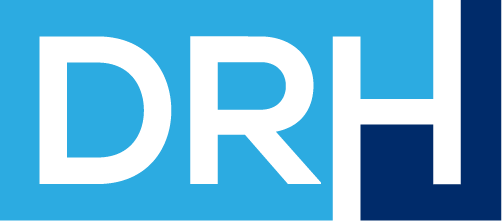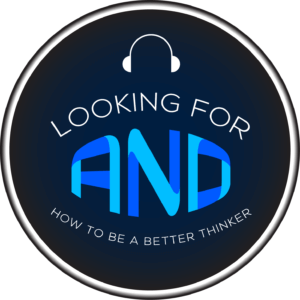Several years ago, I picked up a copy of Now, Discover Your Strengths by Marcus Buckingham and Donald Clifton. By the third paragraph, I was hooked. I had read at least a dozen self-improvement and professional development books by that time and I couldn’t remember one of them offering a similar message: improve your productivity and well being by focusing on your strengths. It just clicked for me.
professional development books by that time and I couldn’t remember one of them offering a similar message: improve your productivity and well being by focusing on your strengths. It just clicked for me.
After finishing the book, I bought copies for the team that I was managing at the time. We scheduled a couple of hours to share our top strengths and talk about how we could leverage these as individuals and as a team. I didn’t put much effort into planning this session but the results were far beyond what I expected. Everyone on the team was enthusiastic and participated fully. Some members of the team re-framed their roles to use their strengths more often. And, the whole team benefited simply by knowing more about their teammates. Before long, I was flying around the country, running strengths workshops for various organizations within our company.
And, the power of the interactions with hundreds of people led me to look for new ways to use my strengths every day. So, instead of trying to be creative, every day, I simply open my calendar and to-do list for the day and determine which of my strengths I plan to use for each task and meeting. Just the act of contemplating how I will use these strengths in different situations brings along several benefits.
- Awareness – I constantly remind myself of my strengths. It’s easy to forget what you do well when life gets hectic.
- Energy – Using my strengths is energizing. Even if I have a meeting that increases my anxiety, I lose that anxiety when I exercise my curiosity about how it might unfold when I apply a strength, or two.
- Productivity – I am much more effective and produce better results when using my strengths. My passion and enthusiasm are engaged and my stamina for demanding tasks increases dramatically.
- Creativity – The relaxing effect of using my strengths helps me be a better problem-solver. I am more open to suggestions, ideas, and trying something new.
Making the shift to a strengths-based career is not always easy. We are used to focusing on problems and trying to fix our weaknesses. To combat this, the team at the Centre for Applied Positive Psychology has developed a great assessment – the Realise 2. What makes this different from other strengths tests is that your results are broken down into four, neat categories:
- Realized Strengths: Attributes that you find energizing, perform well, and use frequently. You should aim to marshal your realized strengths for optimal performance.
- Unrealized Strengths: Those attributes that you find energizing and perform well, but perhaps don’t have the opportunity to use so often, maybe because of the context and environment you are in. You should aim to maximize your unrealized strengths in order to develop yourself to the full.
- Learned Behaviors: Those attributes that you have learned to do well, but that do not energize you. (I consider this to be one of the key distinctions to their test as mistaking a learned behavior for a strength can cripple productivity and drain well being.)
- Weaknesses: Those attributes that you find it hard to do well and also find draining when you use them. From a performance perspective, your weaknesses may be causing you problems or concerns, so you should focus on how you can best manage them to make your weaknesses irrelevant.
There are lots of ways to use your strengths on a daily basis, but you don’t need to look any further than your calendar and your to-do list. How are you going to use your strengths, today?


